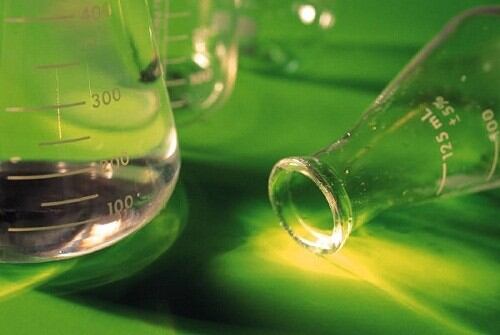The company started conducting the first phase clinical trials for its treatment in Taiwan in 2015 and completed phase three trials recently this year. The Korean company plans to launch the product by the end of this year.
“The launch in Taiwan has a symbolic meaning as it can set the foundation for the advancement of the company’s product into the Chinese economic sphere,” the company said. “Taiwan is one of the top five BTX markets in Asia, which is growing more than 11 percent annually.”
Gateway into China
As the first Korean company, Hugel expects to have an edge in the market, and anticipates sales to increase at the first quarter of next year. Currently, there are only three overseas suppliers approved for sale in Taiwan: Allergan, Merz, and Ipsen.
With the Taiwanese approval, Hugel said that it has opened its way into the Chinese market.
“The entry into the Taiwan market is meaningful because it is a testbed to judge the entry into the Chinese market, which is one of the three major global markets,” said Hugel CEO, Sohn Ji-hoon. “We plan to concentrate all possible resources with the aim of achieving 30 percent market share within three years.”
BTX expansion
In September, Hugel established a new subsidiary as it prepared to launch Botulax, which it described as the “first step of our global initiatives”. It was established in a joint venture with Croma-Pharma GmbH, its Austrian partner to develop and commercialised its BTX, as well as its other products in the US, Canada, Australia and New Zealand.
In October, Hugel reported that Botulax showed negative growth in Asia due to sales channel restructuring. Latin America and Russia, on the other hand, showed impressive growth of 46% year-on-year.
Additionally, the company said it was continuing efforts to expand its portfolio. “In the fourth quarter, our major products, Botulax and Chaeum, are expected to hit peak season, expand into Taiwan, and show strong growth in major exporting countries, including Latin America and Russia,” said Sohn.
Additionally, Hugel said that its cosmetic business continued to show phenomenal growth. Its brand Wellage, saw strong growth, thanks to its travel-retail initiatives.
In the same report, the company recorded sales of 34.9 billion won ($30.6 million) in the third-quarter of this year, an 18.5% drop from the previous quarter.
The Korean manufacturer also registered 5.1 billion won in operating profit in the same period, losing more than 69.3% from the previous quarter.
However, the company managed to increase its net profit to 23.8 billion won, increasing 49.5% from the second quarter.
In order to stabilise share price and enhance shareholder value, Hugel decided to initiate share buyback worth 30 billion won.
Hugel said it has decided on share buyback as part of its shareholder return policy, which in turn, will boost both the shareholder value and its corporate value.




